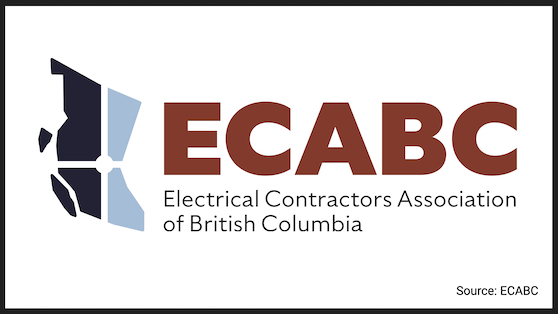
Articles
Cleantech
Features
Articles
Cleantech
Energy & Power
Generation
In-Depth
Renewables
Great response to BC Hydro’s call for generation; ECABC wants to see more training seats
September 18, 2024 | By Anthony Capkun

September 18, 2024 – British Columbia’s Ministry of Energy, Mines and Low Carbon Innovation reports BC Hydro has received a strong response to its call for new renewable power-generation projects.
In April 2024, BC Hydro launched a call for power to acquire roughly 3000 GWh/year of “clean” electricity. This was BC Hydro’s first competitive call for power in more than 15 years, and will add 5% to its current supply.
BC Hydro ended up receiving proposals for three times more energy than it was targeting.
“It is very encouraging to see the private sector bring forward projects offering nearly three times the generation capacity BC Hydro is seeking in this first call for clean power,” said Matt MacInnis, president, Electrical Contractors Association of British Columbia. “It is clear that British Columbia has the opportunity to diversify our energy mix to add more wind and solar power.”
In all, there were 21 proposals from independent power producers throughout the province. Of those, about 70% are wind projects, 20% are solar, and 10% involve biomass and hydroelectricity.
The proposals are geographically diverse, representing almost every region in the province: Southern Interior (8), Central Interior (4), North Coast (5), Peace Region (2), Vancouver Island (2).
BC Hydro will evaluate the proposals over the coming months, and start awarding electricity purchase agreements in December. It expects projects to start coming online as soon as fall 2028.
The development and construction of new clean energy projects is expected to generate an estimated $2.3 to $3.6 billion in private capital spending throughout the province, and create about 800 to 1500 jobs annually.
“We need to ensure that BC has the skilled tradespeople and construction professionals required to get the projects that are selected by BC Hydro from concept to construction to generation,” MacInnis warned. “This will require new investment to increase training seats and operating funds for training facilities.”
“Without new electricians and powerline technicians, projects will likely continue to struggle to be built on time and on budget,” MacInnis added.
British Columbia has committed to conducting regular, competitive calls for power every two years to ensure the province has the electricity it needs. Meantime, BC Hydro is expanding and strengthening its transmission and distribution system through its capital plan.
Electricity demand in the province is expected to increase by 15% or more between now and 2030.
Print this page